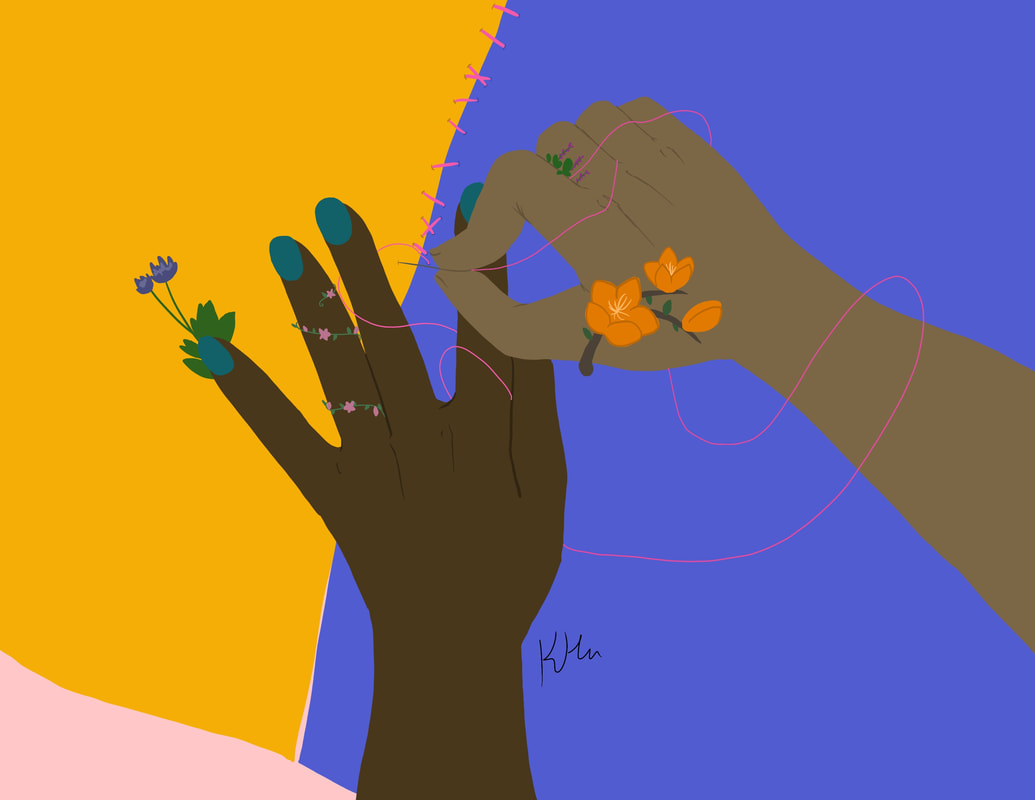 Over the years I have been involved in a number of different styles of resolving relational problems. When I was involved in peer counseling I learned the technique of Non-violent Communication which was a technique that helped me to clean up the attitudes I held and the words I used in order to be less hurtful to other people. In psychodrama the techniques I learned were more complex and thorough. I learned how to identify my ghosts (people from my past that I had projected on the other person) my triggers (events from the past that were unresolved and projected onto the present) I also learned to ‘role reverse’ and take the other persons role (this is very similar to the technique of paraphrasing). I often did a piece of work on the ancestors that turned up before going back to resolving the conflict in the present. More recently, I found a nice technique in a school text book called “Looking In, Looking Out” that I edited and tailored with my knowledge of Sociometry (the study of group dynamics). I have used this frequently in the last ten years and find it effective. (see link below) Of course, if there is not willingness on both people’s part, the effort of resolution or compromise cannot go very far. Human relations are messy. Sometimes it takes years for someone to let go of their grudges and projections. However, I have felt more at peace if I understand and forgive. One path to doing this is a one sided investigation of my own projections and triggers etc. The most difficult ‘forgive’ for me is of people who have not forgiven me. But I have felt the freedom and peace that comes with letting go and understanding so I choose to do the internal work necessary to forgive even this. My world becomes bigger and calmer when I forgive. Holding a grudge (as an unresolved conflict is often called) makes for obsessive thought patterns and is hard on our nervous system—the old memories can generate fight or flight responses and accompanying inflammation. Uncertainty in relationships often triggers attachment issues (does she accept me?) and guilt (I should I should or I shouldn’t). As humans we innately know we need each other---we want to mend our relationships but don’t know how to get beyond our past and our projections to see the ‘other’ as just another human being. This doesn’t mean we shouldn’t argue. We need to discuss our way into a compromise. We must not shut other people down without truly listening. We listen and resolve more often with our intimates—partners, family, friends—but not so much with people outside our tribe. It is possible to disagree without violence (verbal or physical) but if we live in a ‘fight or flight’ state this becomes more difficult because everything feels like survival. The art work above that I commissioned from a teenage artist expresses well the possibility of a Mend. The hands are supportive of each other’s effort. The colors meet each other but stay themselves. The threads connect and the flowers grow beautiful in the peace of cooperation. https://drive.google.com/drive/folders/1yN9QEOSZGhccMTXVNCZhYTTdtqm66U-4?usp=share_link
0 Comments
Leave a Reply. |
AuthorKristi Magraw is known for having developed a unique synthesis of Eastern healing (Five Element theory) and Western ways of working with the mind, called the Magraw Method, which she established in 1979. This method uses metaphoric language and release techniques to help people heal physical and emotional pain. Archives
September 2023
Categories |
 RSS Feed
RSS Feed
